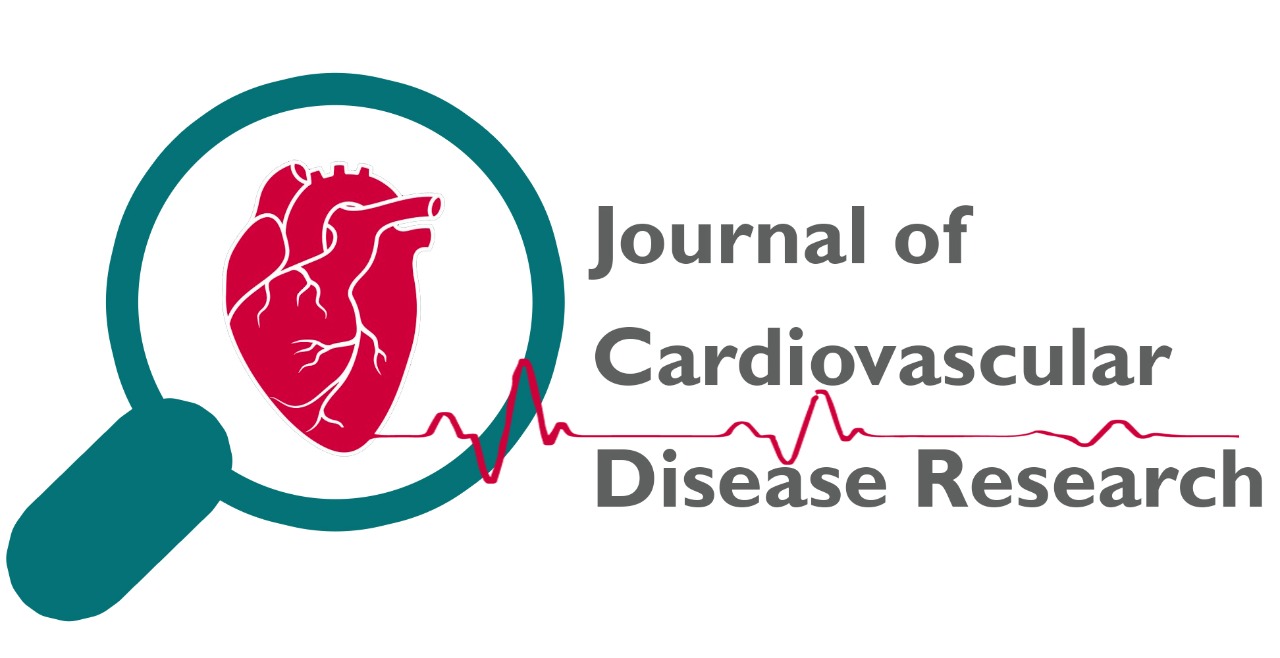
EXPLORING THE CORRELATION BETWEEN ADVERSE CHILDHOOD EXPERIENCES AND ALCOHOL DEPENDENCE
Dr. Raja Dinesh Kumar, Dr. Pichaachari Rathika2 , Dr. Poomalai Suresh Babu, Dr. Kaliyan Veeramuthu
JCDR. 2023: 2443-2451
Abstract
Background: Adverse childhood experiences (ACEs) have been implicated in the development of alcohol dependence, yet the specific relationship between childhood trauma and alcohol-related outcomes remains poorly understood. This study aimed to investigate the association between ACEs and alcohol dependence severity among individuals seeking treatment for alcohol use disorders. Methods: A cross-sectional study was conducted at the Institute of Mental Health, Madras Medical College, Chennai, involving 100 participants aged 20-60 years with alcohol dependence. Participants completed measures of childhood trauma (ACE questionnaire) and alcohol dependence severity (Severity of Alcohol Dependence Questionnaire, SADQ). Results: The study revealed a significant positive correlation between adverse childhood experiences (ACEs) and alcohol dependence severity, as measured by the Severity of Alcohol Dependence Questionnaire (SADQ) (r = 0.490, p < 0.001). Participants who reported higher levels of childhood trauma exhibited greater severity of alcohol dependence. Additionally, significant positive correlations were observed between ACEs and aggression subscales, including physical aggression (r = 0.490, p < 0.001), verbal aggression (r = 0.435, p < 0.001), anger (r = 0.409, p < 0.001), and hostility (r = 0.256, p = 0.010). Conclusion: These results highlight the importance of addressing childhood trauma within addiction treatment settings and implementing trauma-informed approaches to improve treatment outcomes and reduce the burden of alcohol dependence. Targeted interventions aimed at preventing and mitigating the impact of ACEs on alcohol-related outcomes are needed to promote the health and well-being of individuals affected by childhood trauma.
Description
Adverse childhood experiences (ACEs) represent a spectrum of traumatic events occurring during childhood, encompassing various forms of abuse, neglect, and household dysfunction[1]. The impact of ACEs on mental and physical health outcomes has been extensively studied, revealing profound and long-lasting effects on individuals' well-being across the lifespan. Among the myriad consequences of ACEs, one of the most prevalent and debilitating is alcohol dependence[2] . Alcohol dependence, characterized by a compulsive need to consume alcohol despite negative consequences, represents a significant public health concern globally. Its association with ACEs has garnered increasing attention in recent years, as researchers seek to unravel the complex interplay between early-life adversity and subsequent alcohol-related outcomes[3]. Understanding this relationship is crucial for developing effective prevention and intervention strategies to mitigate the burden of alcohol dependence and its associated comorbidities. The impetus for investigating the link between ACEs and alcohol dependence stems from the recognition that childhood experiences exert a profound influence on neurobiological development, psychological functioning, and coping mechanisms[4]. Exposure to adverse events during critical periods of brain development can disrupt neural circuits involved in stress regulation, impulse control, and reward processing, predisposing individuals to maladaptive coping strategies such as substance use[5]. ACEs can contribute to the development of psychopathology, including depression, anxiety, and post-traumatic stress disorder (PTSD), which are known risk factors for alcohol dependence. Individuals may turn to alcohol as a means of selfmedication to alleviate distressing symptoms or numb emotional pain stemming from unresolved trauma. This self-soothing mechanism can evolve into a pattern of compulsive alcohol consumption, leading to dependence and addiction over time[6] . The association between ACEs and alcohol dependence extends beyond psychological mechanisms to encompass social and environmental factors. Growing up in dysfunctional family environments characterized by parental substance abuse, domestic violence, or socioeconomic adversity can normalize alcohol use and increase the likelihood of engaging in risky drinking behaviors later in life. Moreover, ACEs may impair social skills, disrupt interpersonal relationships, and limit access to supportive resources, exacerbating vulnerability to alcohol dependence[7] . Despite the compelling theoretical rationale linking ACEs to alcohol dependence, empirical evidence remains mixed, with some studies reporting robust associations while others find weaker or nonsignificant effects. Methodological limitations, including retrospective self-reporting of childhood experiences, recall bias, and confounding variables, pose challenges to establishing causal relationships and generalizing findings across diverse populations[8]. Moreover, the heterogeneity of ACEs and alcohol-related outcomes necessitates a nuanced approach to research design and analysis, considering the differential impact of specific types of adversity and their cumulative effects over time. Longitudinal studies tracking individuals from childhood to adulthood are essential for elucidating the temporal sequence of ACEs and alcohol dependence trajectories, as well as identifying potential mediating and moderating factors shaping these pathways..
Volume & Issue
Volume 14 Issue 2
Keywords
Adverse childhood experiences, Alcohol dependence, Trauma, Coping mechanisms, Psychopathology, Intervention strategies
|
This is an open access journal which means that all content is freely available without charge to the user or his/her institution. Users are allowed to read, download, copy, distribute, print, search, or link to the full texts of the articles in this journal without asking prior permission from the publisher or the author. This is in accordance with the Budapest Open Access Initiative (BOAI) definition of open access.
The articles in Journal of Cardiovascular Disease Research are open access articles licensed under the terms of the Creative Commons Attribution Non-Commercial License (http://creativecommons.org/licenses/by-nc-sa/3.0/) which permits unrestricted, non-commercial use, distribution and reproduction in any medium, provided the work is properly cited. |
|
|
|
|
|
Copyright � 2022 Journal of Cardiovascular Disease Research All Rights Reserved. Subject to change without notice from or liability to Journal of Cardiovascular Disease Research.
For best results, please use Internet Explorer or Google Chrome POLICIES & JOURNAL LINKS
Author Login
Reviewer Login About Publisher Advertising Policy Author's Rights and Obligations Conflict of Interest Policy Copyright Information Digital Archiving & Preservation Policies Editorial Policies Peer Review Policy Editorial & Peer Review Process License Information Plagiarism Policy Privacy Policy Protection of Research Participants (Statement On Human And Animal Rights) Publication Ethics and Publication Malpractice Statement Corrections, Retractions & Expressions of Concern Self-Archiving Policies Statement of Informed Consent Terms of Use |
Contact InformationJournal of cardiovascular Disease Research,
|




